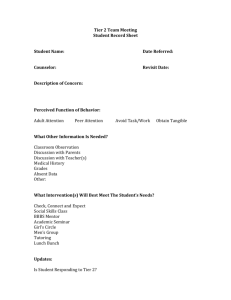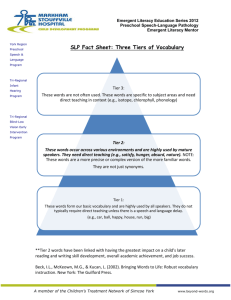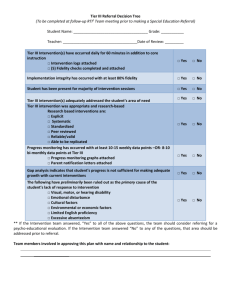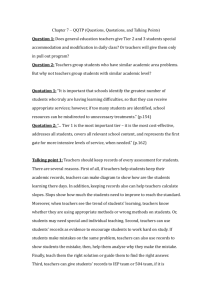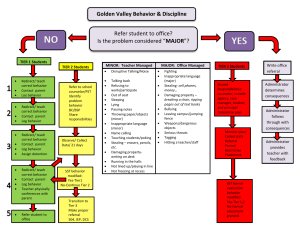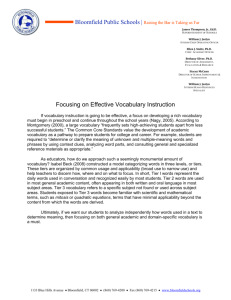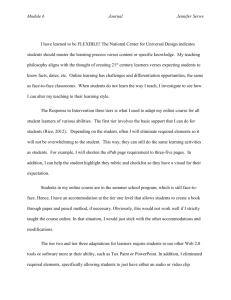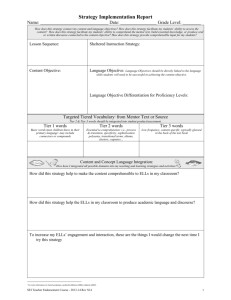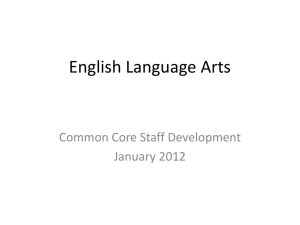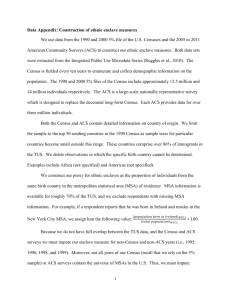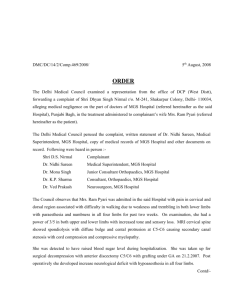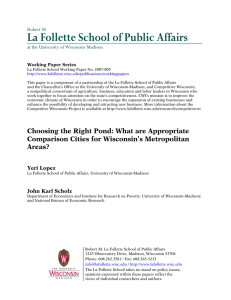14 Draft Student Selection Tiered Model Draft
advertisement
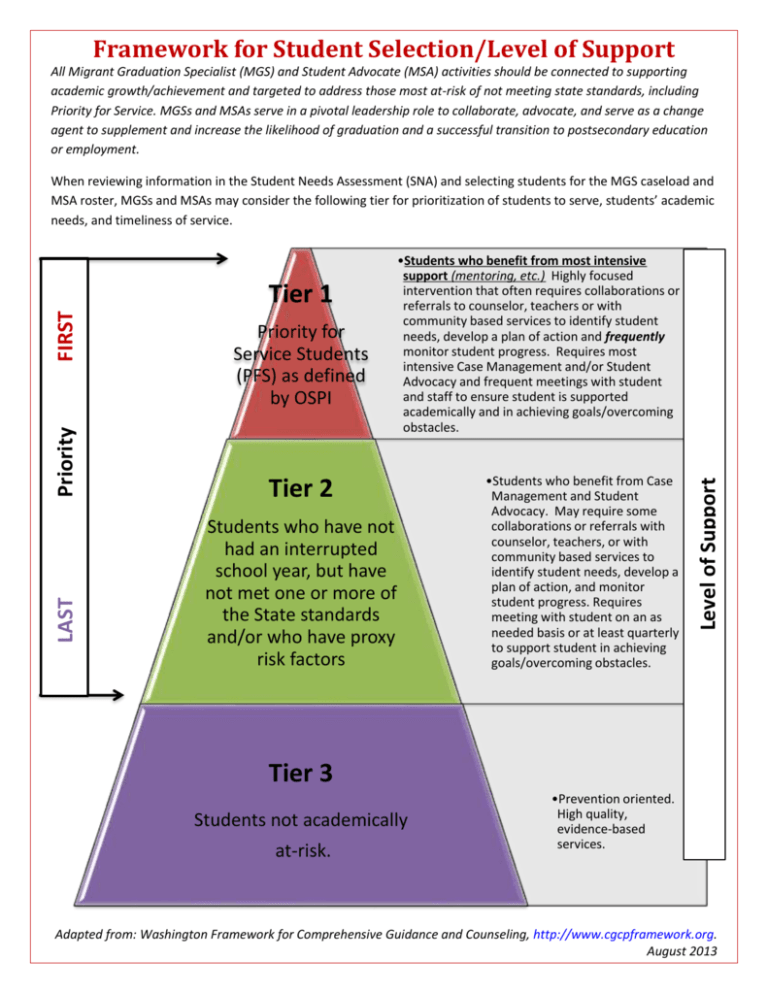
Framework for Student Selection/Level of Support All Migrant Graduation Specialist (MGS) and Student Advocate (MSA) activities should be connected to supporting academic growth/achievement and targeted to address those most at-risk of not meeting state standards, including Priority for Service. MGSs and MSAs serve in a pivotal leadership role to collaborate, advocate, and serve as a change agent to supplement and increase the likelihood of graduation and a successful transition to postsecondary education or employment. When reviewing information in the Student Needs Assessment (SNA) and selecting students for the MGS caseload and MSA roster, MGSs and MSAs may consider the following tier for prioritization of students to serve, students’ academic needs, and timeliness of service. Priority for Service Students (PFS) as defined by OSPI Tier 2 Students who have not had an interrupted school year, but have not met one or more of the State standards and/or who have proxy risk factors •Students who benefit from Case Management and Student Advocacy. May require some collaborations or referrals with counselor, teachers, or with community based services to identify student needs, develop a plan of action, and monitor student progress. Requires meeting with student on an as needed basis or at least quarterly to support student in achieving goals/overcoming obstacles. Level of Support LAST Priority FIRST Tier 1 •Students who benefit from most intensive support (mentoring, etc.) Highly focused intervention that often requires collaborations or referrals to counselor, teachers or with community based services to identify student needs, develop a plan of action and frequently monitor student progress. Requires most intensive Case Management and/or Student Advocacy and frequent meetings with student and staff to ensure student is supported academically and in achieving goals/overcoming obstacles. Tier 3 Students not academically at-risk. •Prevention oriented. High quality, evidence-based services. Adapted from: Washington Framework for Comprehensive Guidance and Counseling, http://www.cgcpframework.org. August 2013
